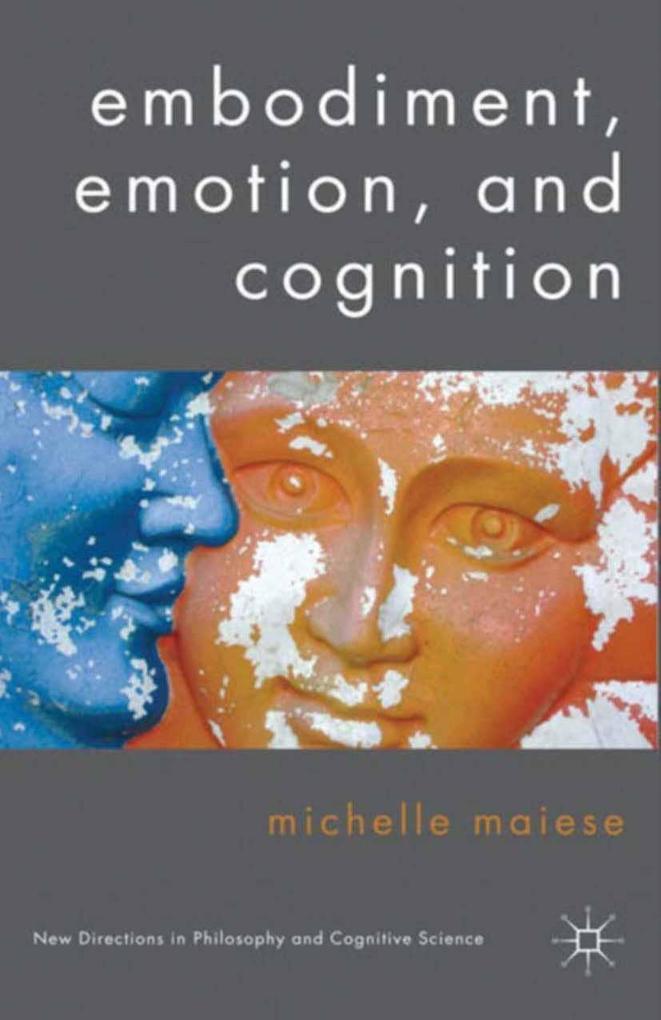
Sofort lieferbar (Download)
Beginning with the view that human consciousness is essentially embodied and that the way we consciously experience the world is structured by our bodily dynamics and surroundings, the book argues that emotions are a fundamental manifestation of our embodiment, and play a crucial role in self-consciousness, moral evaluation, and social cognition.
Inhaltsverzeichnis
Series Editors' Preface Acknowledgements Introduction The Essential Embodiment Thesis Essentially Embodied, Desire-Based Emotions Sense of Self, Embodiment, and Desire-Based Emotions The Role of Emotion in Decision and Moral Evaluation Essentially Embodied, Emotive, Enactive Social Cognition Breakdowns in Embodied Emotive Cognition Conclusion Notes References Index
Produktdetails
Erscheinungsdatum
21. Dezember 2010
Sprache
englisch
Auflage
2011
Seitenanzahl
260
Dateigröße
3,32 MB
Reihe
New Directions in Philosophy and Cognitive Science
Autor/Autorin
Michelle Maiese
Verlag/Hersteller
Kopierschutz
mit Wasserzeichen versehen
Produktart
EBOOK
Dateiformat
PDF
ISBN
9780230297715
Entdecken Sie mehr
Bewertungen
0 Bewertungen
Es wurden noch keine Bewertungen abgegeben. Schreiben Sie die erste Bewertung zu "Embodiment, Emotion, and Cognition" und helfen Sie damit anderen bei der Kaufentscheidung.









